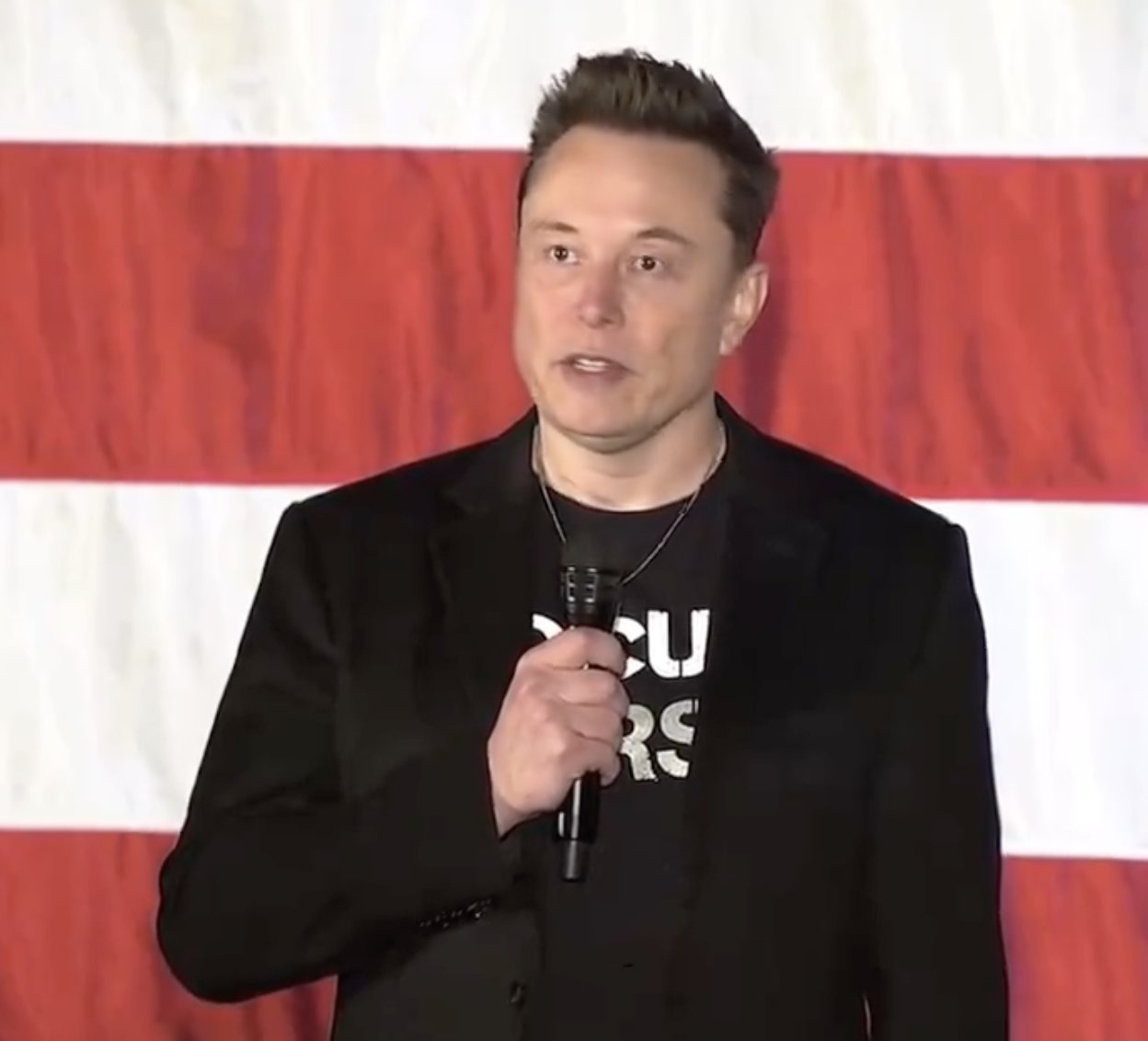Streamlining Governance: The Case for a De-Efficiency Department
The call for smaller, more efficient governments has been echoing across global corridors of power, but none have articulated this need quite like Elon Musk. Recently, the entrepreneur suggested the establishment of a ‘Department of Government Efficiency’ in every country, tasked with shrinking government size and paring down overbearing regulations.
Advocating for Leaner Governments
Musk’s proposal stems from a belief that bloated bureaucracy stifles innovation and economic growth. He posits that an internal entity focusing solely on streamlining processes and removing redundant regulations could significantly benefit nation-states. This concept appeals to the business mindset, where efficiency and cost-effectiveness are paramount.
The Impact of Bureaucratic Streamlining
The notion of a governmental efficiency department is particularly relevant in the UK, where Brexit has prompted a reassessment of regulatory frameworks. As the UK carves out new trade deals and establishes its regulatory autonomy, stripping away unnecessary bureaucratic layers could make its economy more agile and competitive on the global stage.
Challenges of Implementing Efficiency Measures
However, creating such a department is not without challenges. Critics argue that the push for efficiency could lead to unwanted consequences, such as reduced public sector employment or diminished oversight of essential services. Balancing efficiency with socio-economic responsibility is a complex act that UK policymakers need to navigate carefully.
The Role of Technology in Efficiency
Technology will play a critical role in enhancing government efficiency. Digitalization of public services, for instance, can significantly reduce administrative costs and improve service delivery speed. In the UK, the increased use of AI in governmental operations has already started to streamline various public sector functions.
Public Perception and Political Will
Public and political buy-in is crucial for the Department of Government Efficiency to succeed. In the UK, there is a general consensus on the need for reform in various governmental departments. However, translating this consensus into actionable policies requires strong political will and careful planning.
Conclusion: Towards a Balanced Approach
While Musk’s vision of a global overhaul in government efficiency is ambitious, it holds merit in today’s rapidly changing world. The benefits of reduced government burdens, such as increased innovation and economic dynamism, can propel countries forward in the global economy. For the UK, a balanced approach that harmonizes efficiency goals with the necessity of public sector functions can serve as a model for others globally.
